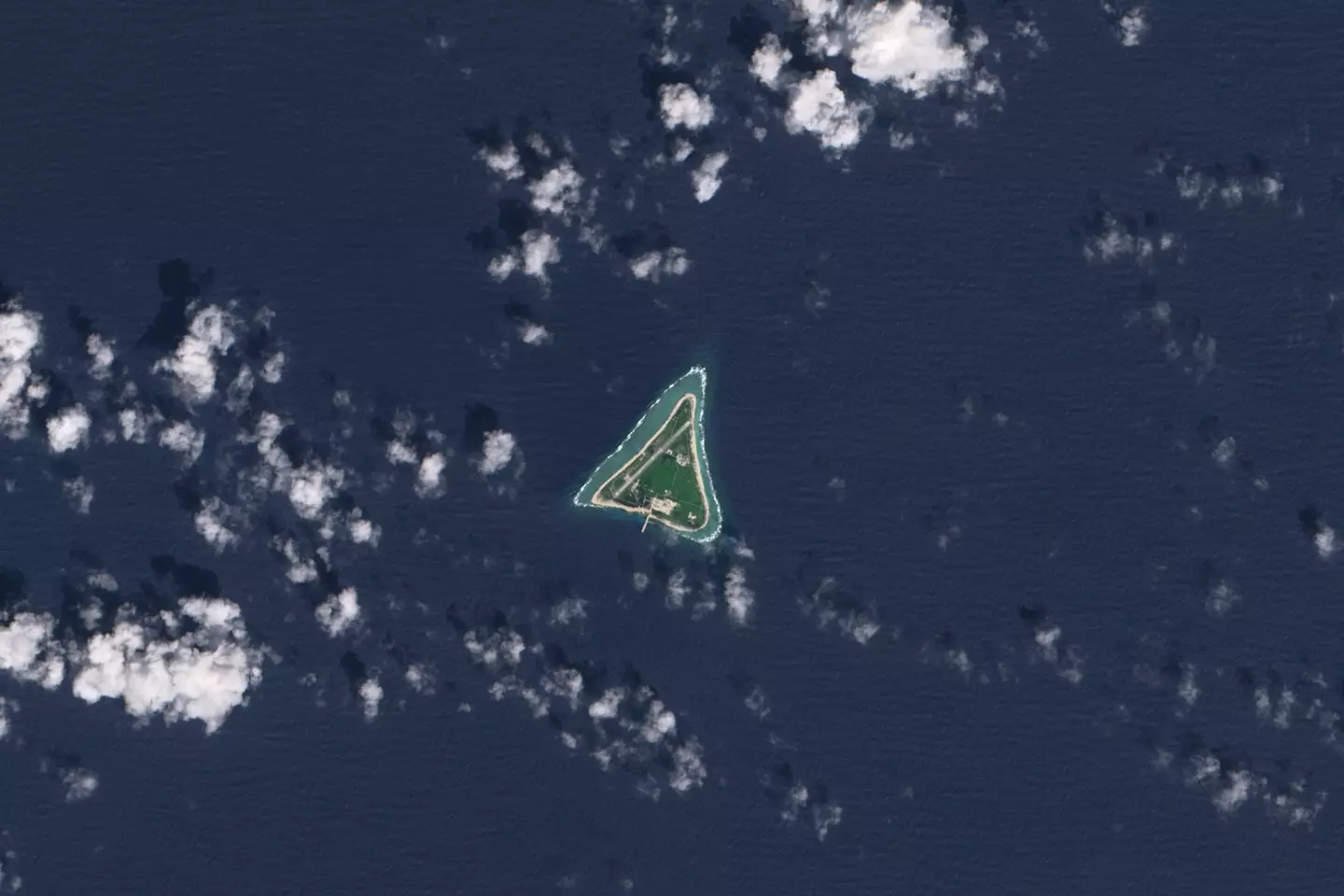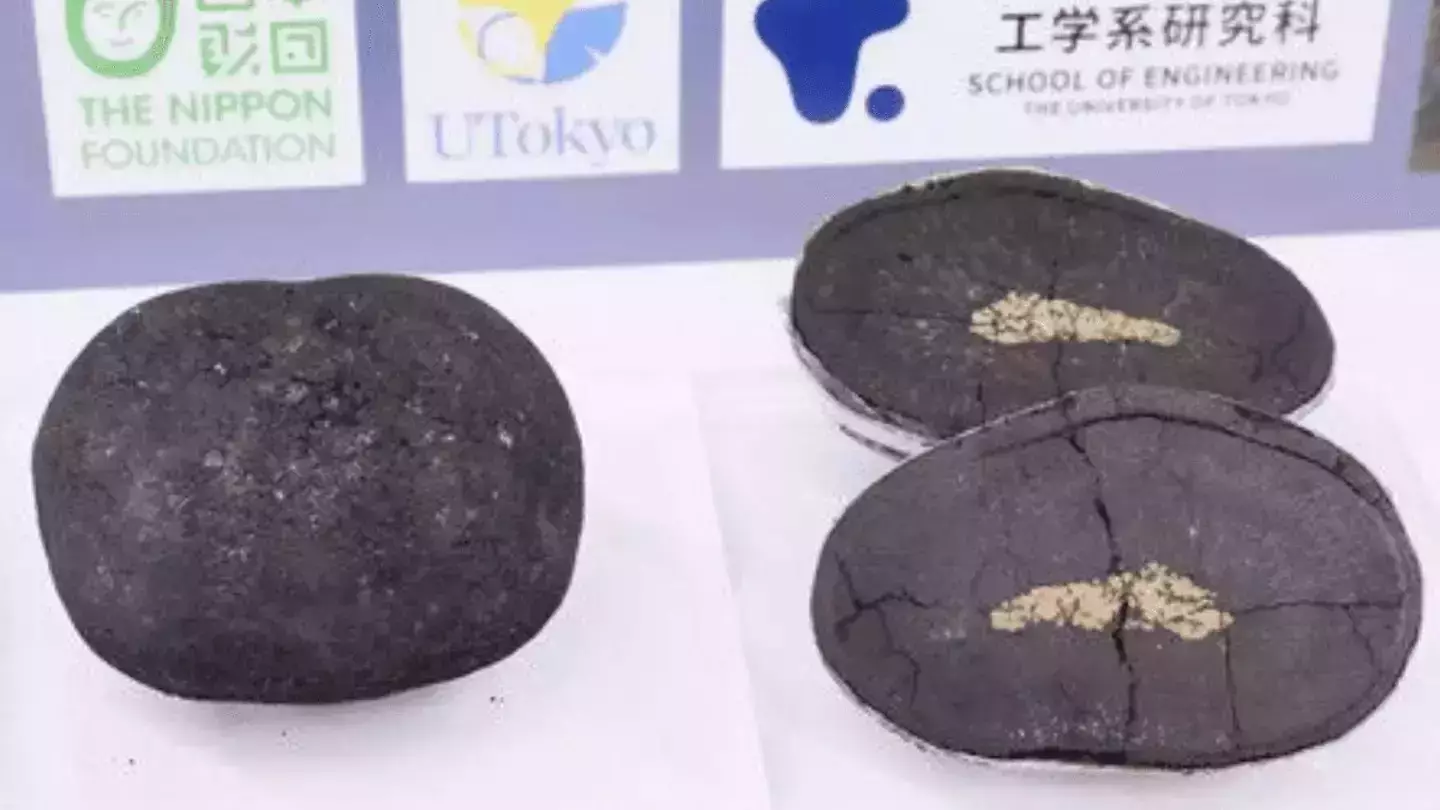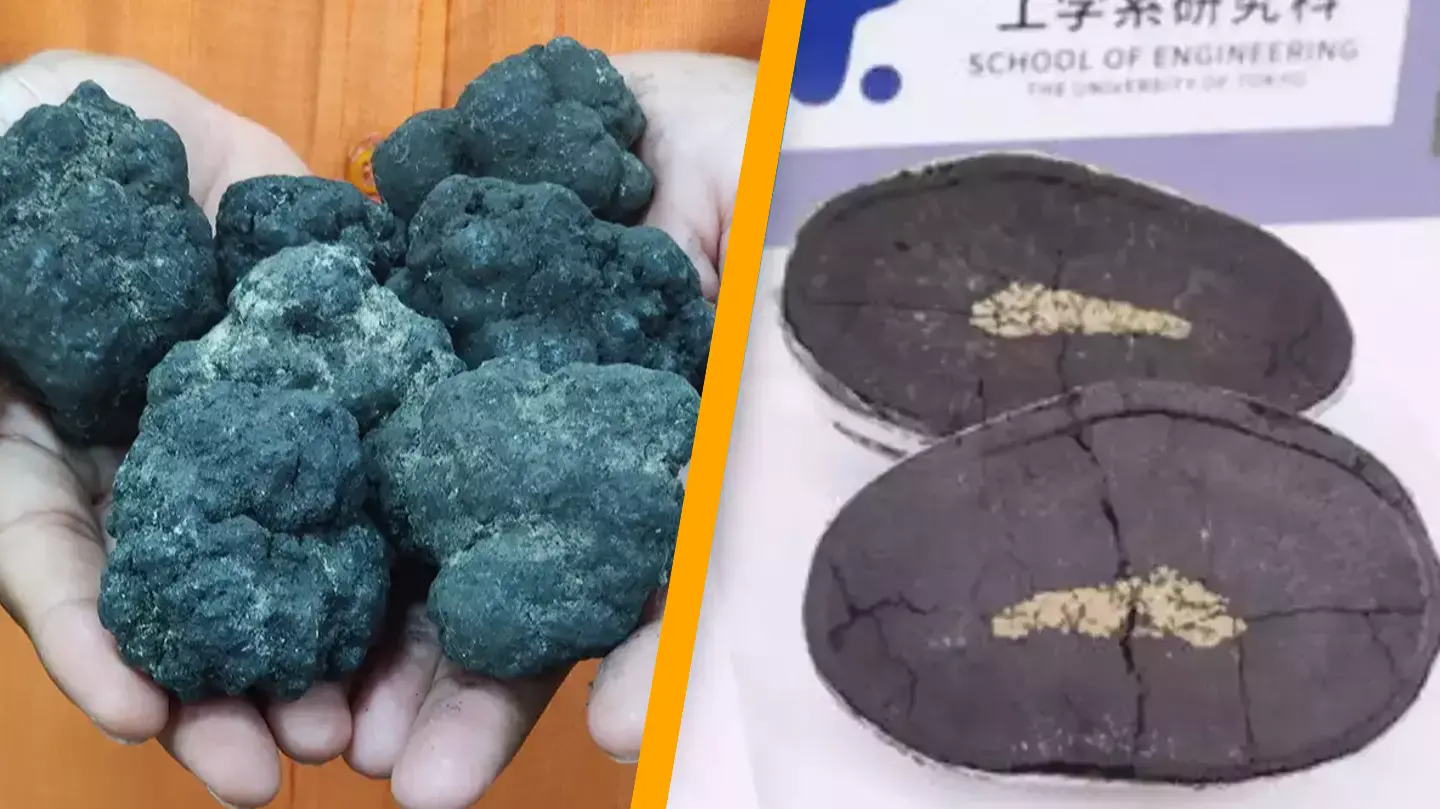A timeline has been established for the significant extraction of Earth minerals that could potentially boost Japan’s economy by a substantial $26.3 billion.
The Nippon Foundation, in collaboration with the University of Tokyo, recently identified a field rich in manganese nodules on the seabed near Minami-Tori-shima island, located about 1,200 miles from Tokyo.
These nodules, found at a depth of approximately 5,700 meters below sea level, are abundant with millions of metric tons of cobalt and nickel.
The materials, cobalt and nickel, are essential for the production of electric vehicle (EV) batteries.
The survey uncovered around 610,000 metric tons of cobalt and 740,000 metric tons of nickel, translating into a staggering financial value.

According to Trading Economics, the current market value for one metric ton of cobalt is $24,300, while nickel is valued at $15,497.
This valuation indicates that Japan holds $14,823,000,000 worth of cobalt, while the nickel reserves are valued at $11,467,780,000.
The total value amounts to an impressive $26,290,780,000 as of the latest figures.
The economic benefits of this discovery for Japan might be realized sooner rather than later.
The Nippon Foundation has announced that large-scale extraction is planned to commence by the end of the fiscal year 2025, with the University of Tokyo participating in material analysis.

The foundation further stated: “Starting in 2026, we expect to set up a joint venture with multiple Japanese companies to commercialize the minerals as domestically produced resources.”
However, there are concerns about the environmental impact of deep-sea mining.
Research led by Travis Washburn from the Geological Survey of Japan shows that ocean life can disappear from areas affected by deep-sea mining operations.
“These results suggest the impact of deep-sea mining could be even bigger than we think,” Washburn noted.
One year after the study’s test, a significant 43 percent decline in fish and shrimp populations was observed at the mining site.

Sophie Benbow, director of a marine program at a conservation charity, expressed her concerns to the BBC: “There is so much we could learn from ocean biodiversity.”
“Medical advances and new technologies could be deciphered from the study of deep-sea species, but they could be wiped out before we even know they exist if deep-seabed mining is to go ahead prematurely.”
Colin Hamilton also discussed the challenges of mining at such depths.
“Extraction will not be simple, and we see this as a potential test case for the benefits versus disadvantages of deep-sea mining of materials relating to the global fuel-to-materials transition,” he stated in a recent brief.

